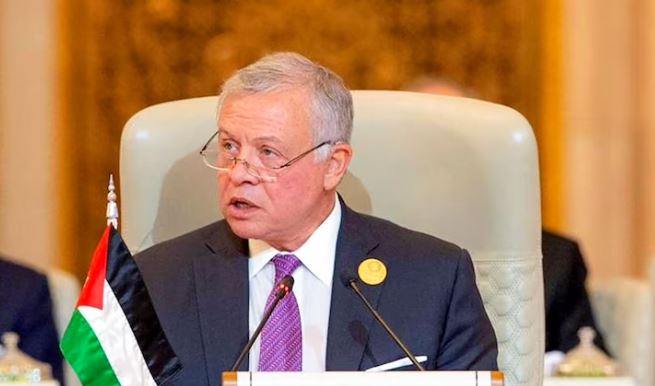Leaders everywhere have the responsibility to face the full reality of this crisis, as ugly as it is. Only by anchoring ourselves to the concrete facts that have brought us to this point will we be able to change the increasingly dangerous direction of our world.
It begins by recognizing our duty not only to enforce humanitarian intervention and put an end to this atrocious war but also to admit that the current path is not a path to victory for anyone — and most definitely not a path guided by moral clarity.
I cannot but believe that Palestinians and Israelis want the same things. They are not monsters; they do not cherish misery and death. Like Israelis, Palestinians have a right to lives of dignity, security and respect, in an independent, sovereign and viable state.
Gazan families being bombed out of their homes are victims of this collective punishment, with no place to take shelter. No hospital, no school and no U.N. building is safe any longer. And make no mistake, Gazans will not abandon their homes because a leaflet or a text message tells them to do so. They know that leaving means losing hope, dignity and the chance to go back to their land: They have seen it happen to waves and waves of their fellow Palestinians and to their ancestors throughout the past seven decades of this conflict.
Indeed, Israel’s “exit” from Gaza 18 years ago was not a contribution to the two-state solution but a preemption of any such solution. It produced a permanent division that denied a Palestinian state by denying a single Palestinian partner.
Israelis cannot continue their lives as usual, expecting security solutions alone to ensure their safety, while Palestinians live in misery and injustice. With no political horizon, the promise of a peaceful future will evade both Israelis and Palestinians.
Are there any realistic alternatives to a two-state solution? It is hard to imagine any. A one-state solution would force Israel’s identity to accommodate competing national identities. A no-state solution would deny Palestinian rights and dignity.
It is up to responsible leaders to deliver results, starting now. That work will not be easy, but it is imperative. There is no victory in the carnage that has been unfolding. No one will prevail unless the Palestinians are given their rights and their state. Only this will be a true victory for peace, for Palestinians and for Israelis alike. And that, more than anything, would be a victory for our common humanity.
The Washington post

